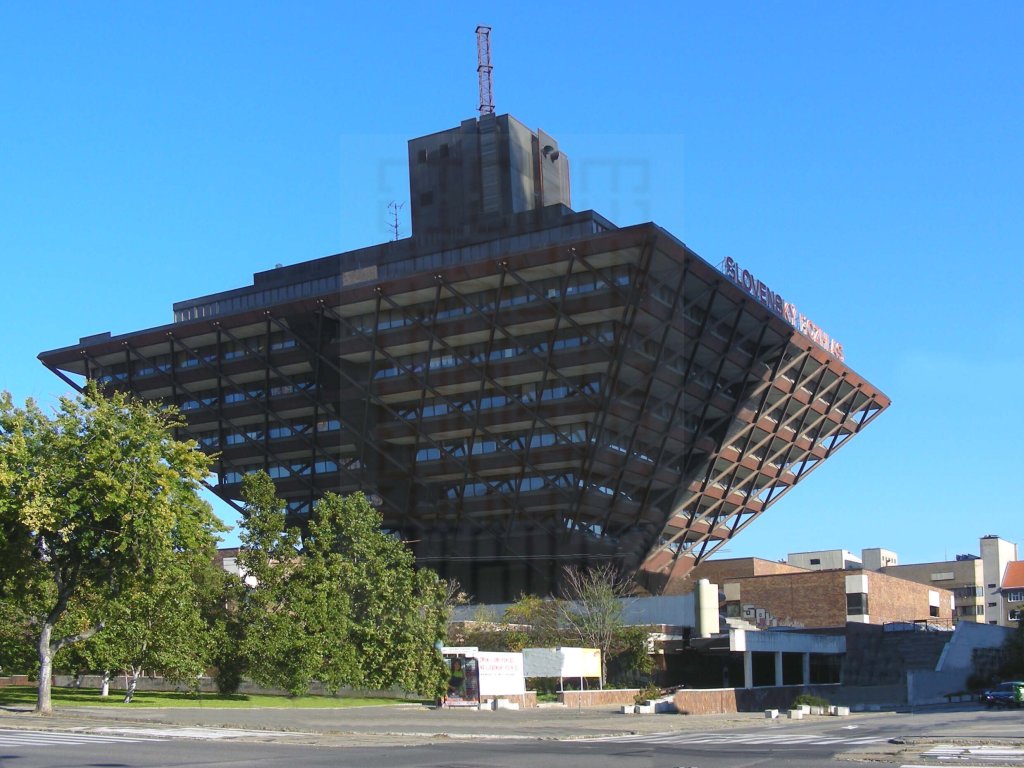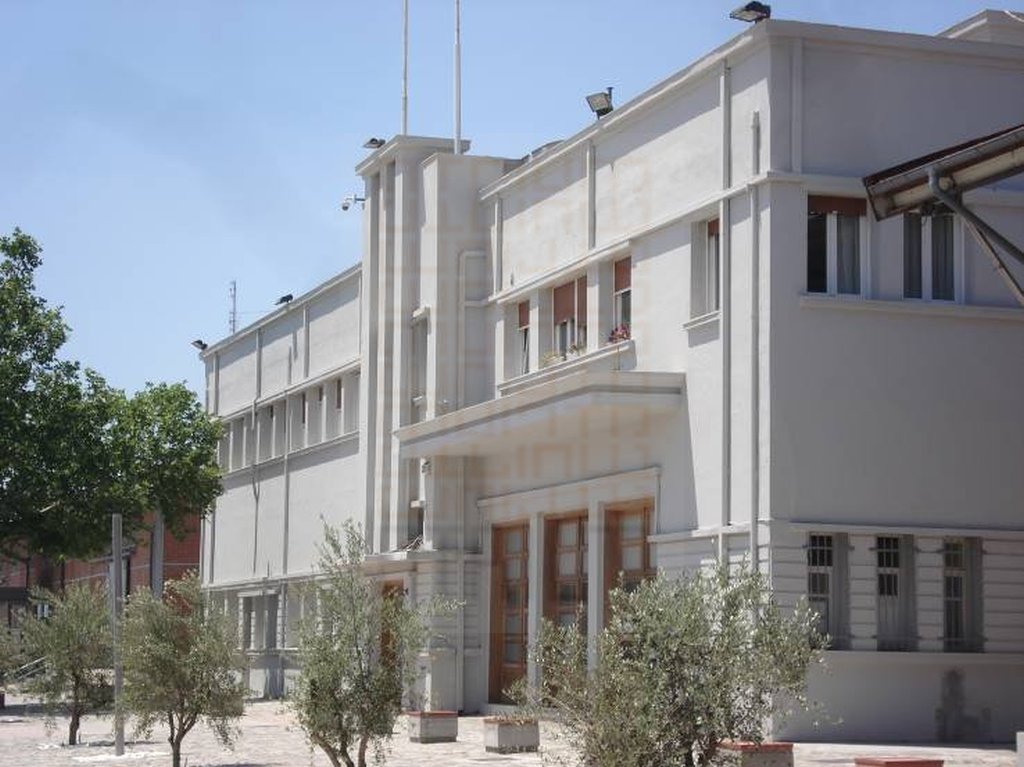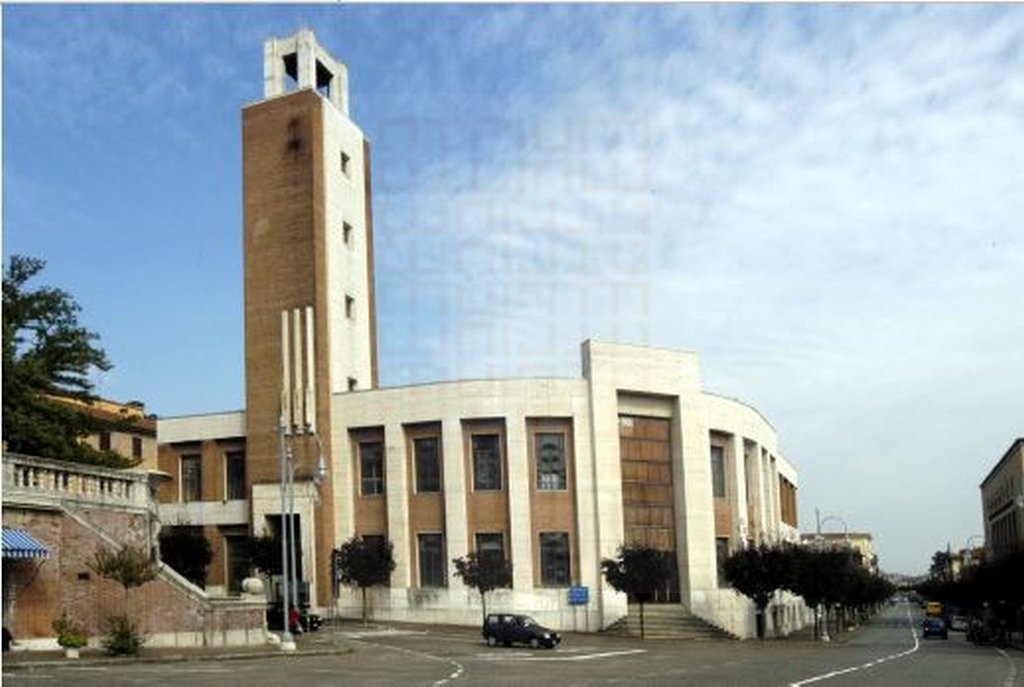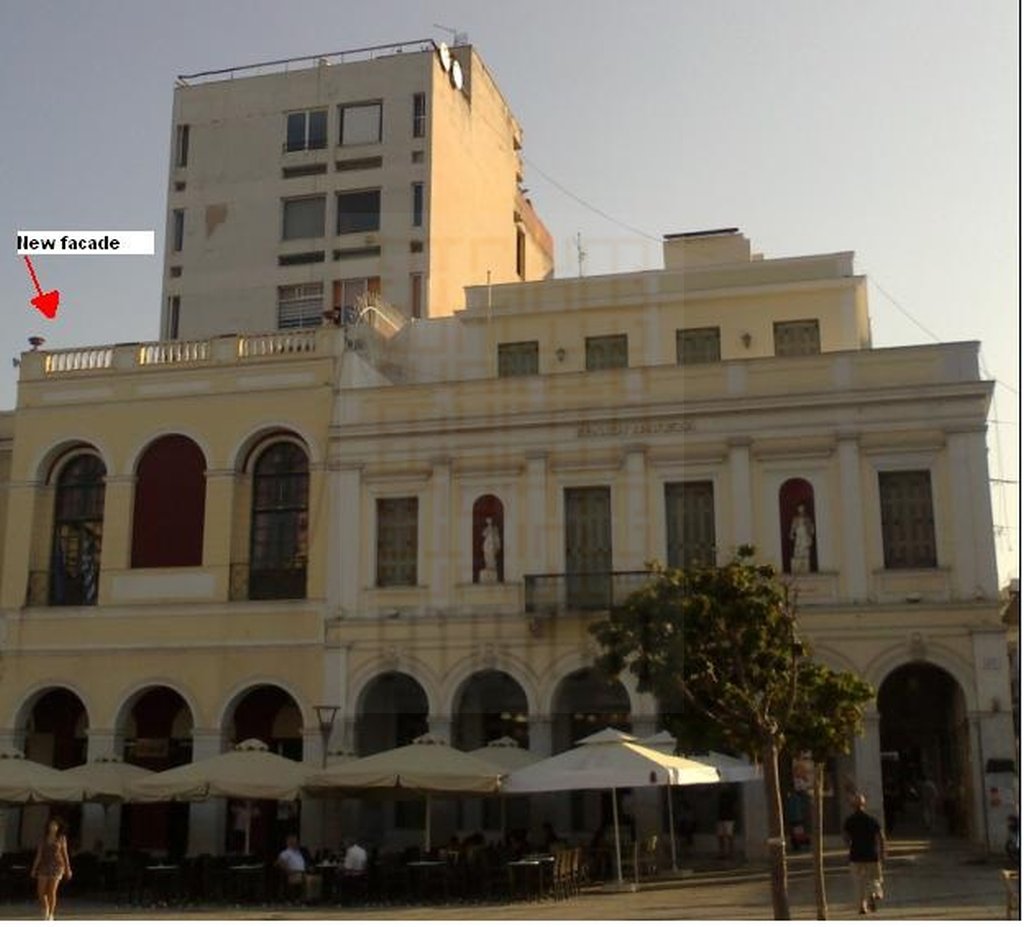| The digital catalogue of the ATRIUM project is a tool that supports the objective of better understanding and promoting objects of heritage related to the totalitarian ideologies of the 20th century. It is designed to enable a community of users and stakeholders to record such heritage in a systematic way, critically supporting relationships that draw semantic links between monuments or heritage objects with ideologies, persons, past and current use, historical events and facts, supported and documented by a range of resources in the forms of digital assets, such as photos and images, videos, audio files and oral testimonies, printed historical or current content, etc. Offering visual means to map such heritage in the involved geographic areas, the digital cataloguing tool can be a powerful enabler of the ATRIUM vision to establish a cultural route related to this heritage, repairing the link between the past and present and providing opportunities for local communities and stakeholders, by making then part of an integrated and sustainable effort to valorise this architectural heritage. |
|










